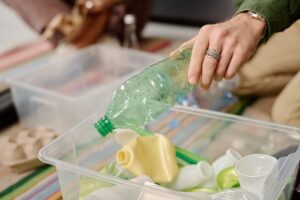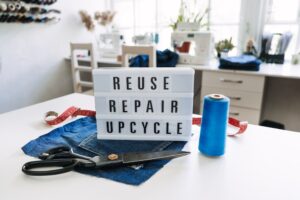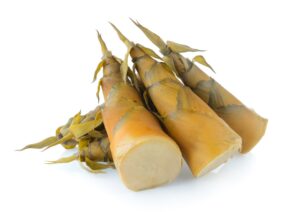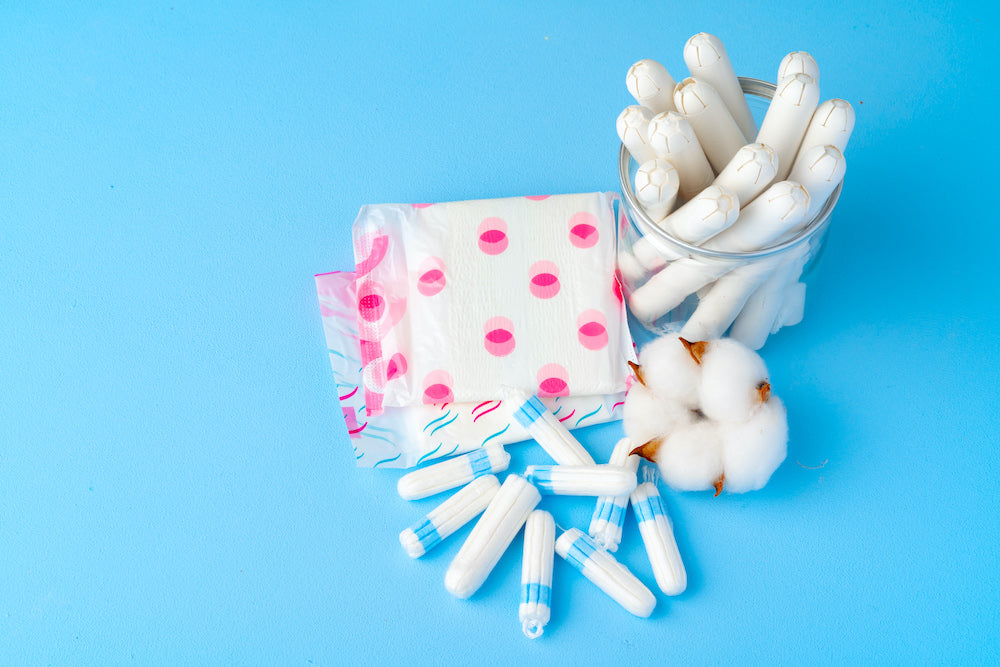In a world increasingly aware of environmental issues and personal health, the shift towards eco-friendly period care has become more than just a trend – it’s a movement. Central to this movement is the rise of organic tampon brands, which promise a greener and healthier alternative to traditional menstrual products. This post explores this burgeoning industry and why it’s making waves in the world of period care.
The Emergence of Organic Tampons
The last few years have seen a significant shift in consumer preferences, with more and more women seeking natural and sustainable options in all aspects of life, including menstrual products. This shift has paved the way for a variety of organic tampon brands, each offering products that are not only better for the environment but also for the user’s health.
Why Organic?
-
Healthier Ingredients: Organic tampons are made from 100% organic cotton, free from pesticides, herbicides, and synthetic fertilizers. They are also free from dyes, fragrances, and other chemicals, making them a safer option for those with sensitive skin or allergies.
-
Environmental Benefits: The production of organic cotton has a lower environmental impact than conventional cotton, using less water and no harmful chemicals. Additionally, organic tampons are often more biodegradable, reducing landfill waste.
-
Ethical Production: Many organic tampon brands prioritize ethical manufacturing processes, ensuring fair labor practices and often supporting social causes related to women’s health.
Leading the Pack: Brands Making a Difference
Several brands have emerged as leaders in the organic tampon industry, each with its unique approach:
-
Natracare: Known for its commitment to environmental sustainability, Natracare offers a range of organic, biodegradable menstrual products.
-
Cora: Cora not only offers organic tampons but also operates with a social mission, providing menstrual products and education to girls in need.
-
Lola: With a subscription-based model, Lola provides customizable organic tampon options, emphasizing convenience and customization.
-
The Honest Company: Founded by Jessica Alba, The Honest Company focuses on transparency and safety, extending these values to their organic tampon line.
Challenges and Considerations
Despite their benefits, organic tampons face challenges in terms of cost and accessibility. Generally more expensive than regular tampons, they may not be accessible to all, highlighting the need for broader systemic changes in how we approach menstrual equity.
The Future of Period Care
As the demand for organic, eco-friendly products continues to grow, we can expect to see more innovation and expansion in the organic tampon market. This growth signifies not only a win for environmental sustainability but also a step forward in providing healthier, more ethical choices for menstrual care.









Reader Interactions